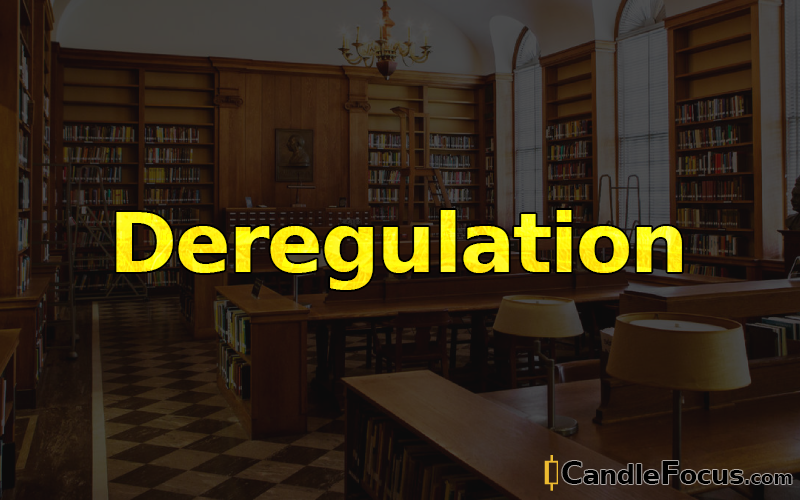Deregulation
Candlefocus Editor
Proponents of deregulation argue that it encourages competition, innovation and economic growth. Government regulations can impose a significant burden on businesses, requiring them to comply with a range of costly standards and procedures to operate. Deregulation seeks to reduce this burden and free up businesses, allowing them to operate more efficiently and competitively in the global market. For example, it is believed that deregulation of the airline industry allowed for cheaper flight prices and greater competition that benefits consumers.
Opponents of deregulation worry that it creates an environment of unfair competition. Without certain regulations, they argue, businesses are able to operate without the same level of responsibility and can take advantage of people or the environment without consequences. For instance, deregulation of the banking industry in the US in the 2000s is often blamed for the housing bubble, as financial institutions were allowed to operate with less oversight.
At its core, deregulation is about striking a balance between the need for business to operate with minimal interference from the government and the need for meaningful regulations that protect consumers and the environment. The decision to deregulate can affect the entire economy for years to come, with far-reaching implications. Therefore, it is important to weigh the potential benefits and risks of deregulation carefully before making any change.
